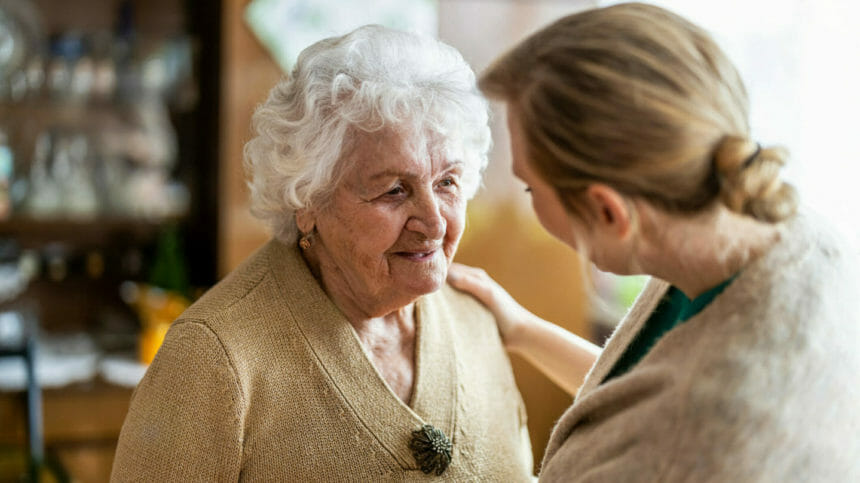
Cleveland Clinic published a case study Thursday that shows the importance of talking to older adults about what matters to them in their care.
Juan Carlos Nunez, MD, a geriatrician at the Cleveland Clinic in Weston, FL, said discussions should occur when patients are well and are together with caregivers so they are on the same page ahead of declining health.
“During a patient’s first visit, I always ask what’s most important to them at this point in time,” Nunez said in the report. “These conversations can provide invaluable insights about who the patient was before they became sick, who they are now and what their life might look like in the future. Those personal goals can then be used to help guide key decisions about the patient’s healthcare.”
Older adults are usually concerned about ventilation or resuscitation orders, he said.
Nunez uses the Institute for Healthcare Improvements 4M Framework for Age-Friendly Health Systems to guide discussions. The framework is centered on what matters most, medication, mentation, and mobility.
“As physicians, we’re trained to save lives with medications and procedures, but it’s so essential to stop and ask: How does the patient feel about receiving these treatments?” he said. “Being a successful caregiver in the truest sense of the word requires us to align our priorities with those of patients and their families.”
The case study highlighted an 80-year-old Spanish-speaking woman with a history of severe dementia who faced a host of medical issues after experiencing septic shock from methicillin-resistant Staphylococcus aureus and possible endocarditis.
Five days after she arrived in the intensive care unit, she was moved to the general medicine floor but remained in hypoactive delirium. Doctors wanted to place a feeding tube in the patient and her daughter did not, so the team fed the woman her favorite food, French fries, to keep her eating.
“Once the family in this case understood the risks and limited benefits of placing a feeding tube, the conversation turned to what foods the patient could actually enjoy,” he said. “By having an open, honest conversation focused on the patient as a whole person, we found something quite simple that could give her pleasure in her final days.”



